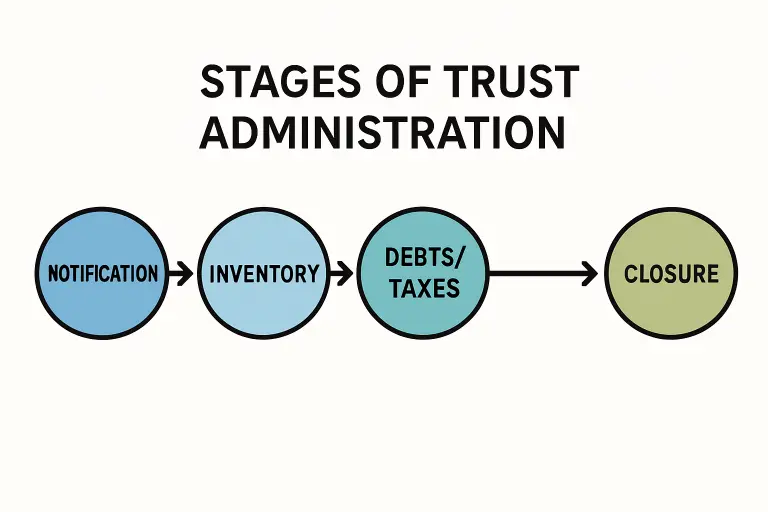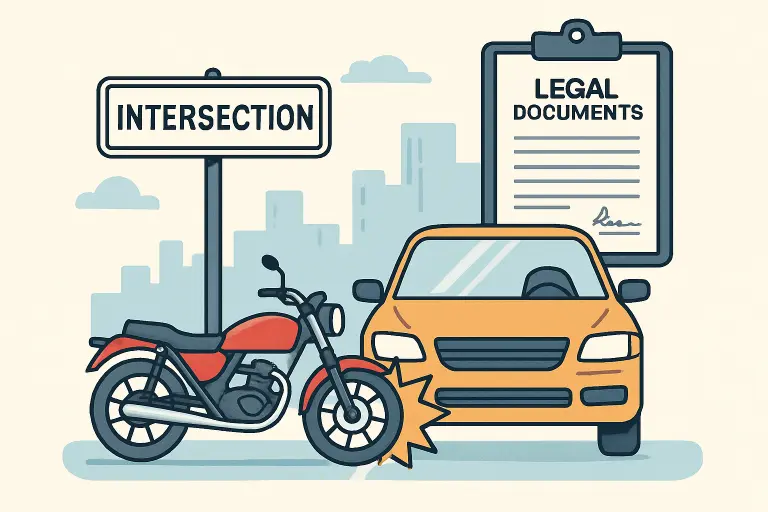Document archiving services have become essential for individuals and businesses in the digital era. They offer a safe and structured way to store important files, ensuring they’re protected from unforeseen incidents and easily accessible when needed. This guide will explore the significance of these services, their features, and how to choose the best one for your needs.
Table of Contents
Understanding Document Archiving
Document archiving refers to the process of preserving documents in a secure environment for long-term storage. Unlike everyday file storage, which is meant for frequently accessed data, archiving is for documents that must be retained but accessed infrequently. The stakes are high, especially when it comes to business document storage and archiving, ensuring our most valuable and sensitive information remains intact and unaltered. A reliable archiving system becomes paramount for regulatory compliance, business continuity, or simply managing space efficiently.
Why Archive Documents?
- Regulatory Compliance: Many industries have legal requirements to retain records for a certain period. Archiving services ensure these documents are stored safely and can be retrieved when needed.
- Business Continuity: In case of any unforeseen incidents, like fires or cyber-attacks, archived documents remain secure, ensuring business processes can continue without hitches.
- Space Management: Archiving reduces the clutter of old files in active storage, freeing up space and ensuring smoother operations.
Features of Document Archiving Services
There are several features that differentiate a good archiving service from an ordinary one:
- Data Integrity: A robust archiving service ensures that once a document is stored, it remains unchanged and original.
- Accessibility: While the purpose is long-term storage, retrieving these documents when needed should still be relatively easy.
- Security: Documents should be protected from unauthorized access, cyber threats, and physical hazards.
- Scalability: As businesses grow, their document archiving needs will also increase. The service should be able to accommodate this growth.
Physical vs. Digital Archiving Services
There are primarily two types of archiving services – physical and digital.
- Physical Archiving: This involves storing physical documents in secure environments, such as vaults or climate-controlled storage units. It’s ideal for original paperwork or items that have a legal or historical significance.
- Digital Archiving: Here, documents are scanned and stored in digital formats. This has gained popularity due to its space-saving nature, ease of retrieval, and potential for added security measures like encryption.
Choosing the Right Service for Your Needs
Before opting for an archiving service, consider the following:
- Evaluate Your Needs: Understand whether you need physical or digital archiving or both.
- Research Providers: Look into service providers’ reputations, past performance, and customer reviews.
- Cost Consideration: While cost shouldn’t be the only factor, ensuring you’re getting value for money is essential.
- Customization: Can the service be tailored to meet your needs, especially as they change over time?
Benefits of Proper Document Archiving
When done right, document archiving offers:
- Peace of Mind: Knowing that your documents are safe and protected offers immense peace of mind.
- Efficiency: Managing current files and documents becomes easier when the older ones are properly archived.
- Cost Savings: By ensuring compliance and avoiding fines or by reducing the need for physical storage space, archiving can lead to significant financial benefits.
Conclusion
Document archiving services are no longer a luxury but a necessity in today’s fast-paced world. By understanding the nuances and features of these services, businesses and individuals can make informed decisions, ensuring their documents remain safe, compliant, and accessible for years to come.































































































































































































































































































































































































































































































































































































































































































































































































































































































































































































































































































































































































































































0